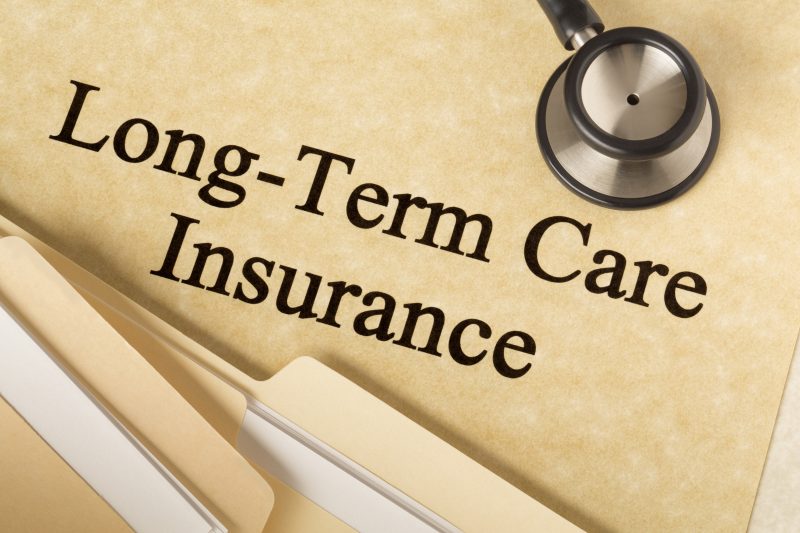IRS Announces Increased 2020
Limits for Long-Term Care Premium Deductibility

The Internal Revenue Service (“IRS”) announced how much taxpayers can deduct from their 2020 income attributable to buying long-term care insurance.
Premiums for “qualified” long-term care insurance policies are tax deductible so long as the premiums and other unreimbursed medical expenses—including Medicare premiums—exceed 10% of an insured’s adjusted gross income.
In order to get this treatment, a qualified long-term care insurance policy must:
- Be issued on or after January 1, 1997. A policy issued before that date is “grandfathered” and will be treated as “qualified” as long as it was approved by the insurance commissioner in the state in which the policy was sold; and
- Adhere to certain requirements, including that the policy must offer the options of “inflation” and “nonforfeiture” protection. Note: a consumer can choose not to purchase these features, which would reduce the cost but could also mean that the premium is not deductible.
If you are self-employed, the tax-deductibility rules are slightly different because you can only take the premium as a deduction so long as you have made a net profit; medical expenses do not have to exceed a percentage of the taxpayer’s income to use this deduction.
Please note that tax deductions for long-term care insurance premium are not applicable with “hybrid” policies (i.e., life insurance and annuity policies with a long-term care benefit rider), but only to true long-term care policies.
Of course, there’s a limit to how much tax deduction a taxpayer can take for long-term care insurance premium payments. Below is a table showing the deductibility limits for the 2020 tax year.
| Attained age Before the Close of the Taxable Year | Maximum Deduction for Year |
| 40 or less | $430 |
| More than 40, but not more than 50 | $810 |
| More than 50 but not more than 60 | $1,630 |
| More than 60 but not more than 70 | $4,350 |
| More than 70 | $5,430 |
The IRS has also announced an additional change involving benefits from per diem or indemnity policies, which pay a predetermined amount each day. These benefits are generally not included in income unless the amounts exceed the beneficiary’s total qualified long-term care expenses or $380 per day, whichever is greater.
For these and other inflation adjustments from the IRS, click here. For tax year 2019 deductibility limits, click here.
The attorneys at UTBF stand ready to assist you with any questions related to Long-Term Care premium deductibility, as well as other Elder Law issues that you may be experiencing.
As always, we are available to answer questions and assist you with answering your retirement planning and beneficiary designation questions. Please contact our office at (610) 933–8069.
Check out our other great articles throughout this site that more specifically address the different ways to protect and preserve your assets. Click here for more articles!
If you are a PA Resident: Click here to receive the elder law guides.
Worried about the high cost of long-term care. Click here to subscribe to our monthly elder law e-newsletter.
For assistance developing a comprehensive estate plan or nursing home asset protection plan in Pennsylvania, please contact Douglas L. Kaune, Esquire at (610) 933–8069 or email him at dkaune@utbf.com. Doug’s entire practice is focused on elder law, Medicaid application, estate planning, trust planning, estate administration and protection of clients’ assets from nursing home spending and estate and inheritance taxation. Unruh, Turner, Burke & Frees, P.C. is a full-service law firm which has three convenient office locations in Phoenixville, West Chester and Paoli, Pennsylvania. The firm primarily services clients in Chester, Montgomery, Delaware, Philadelphia, Bucks and Berks Counties, but can represent clients throughout Pennsylvania.


